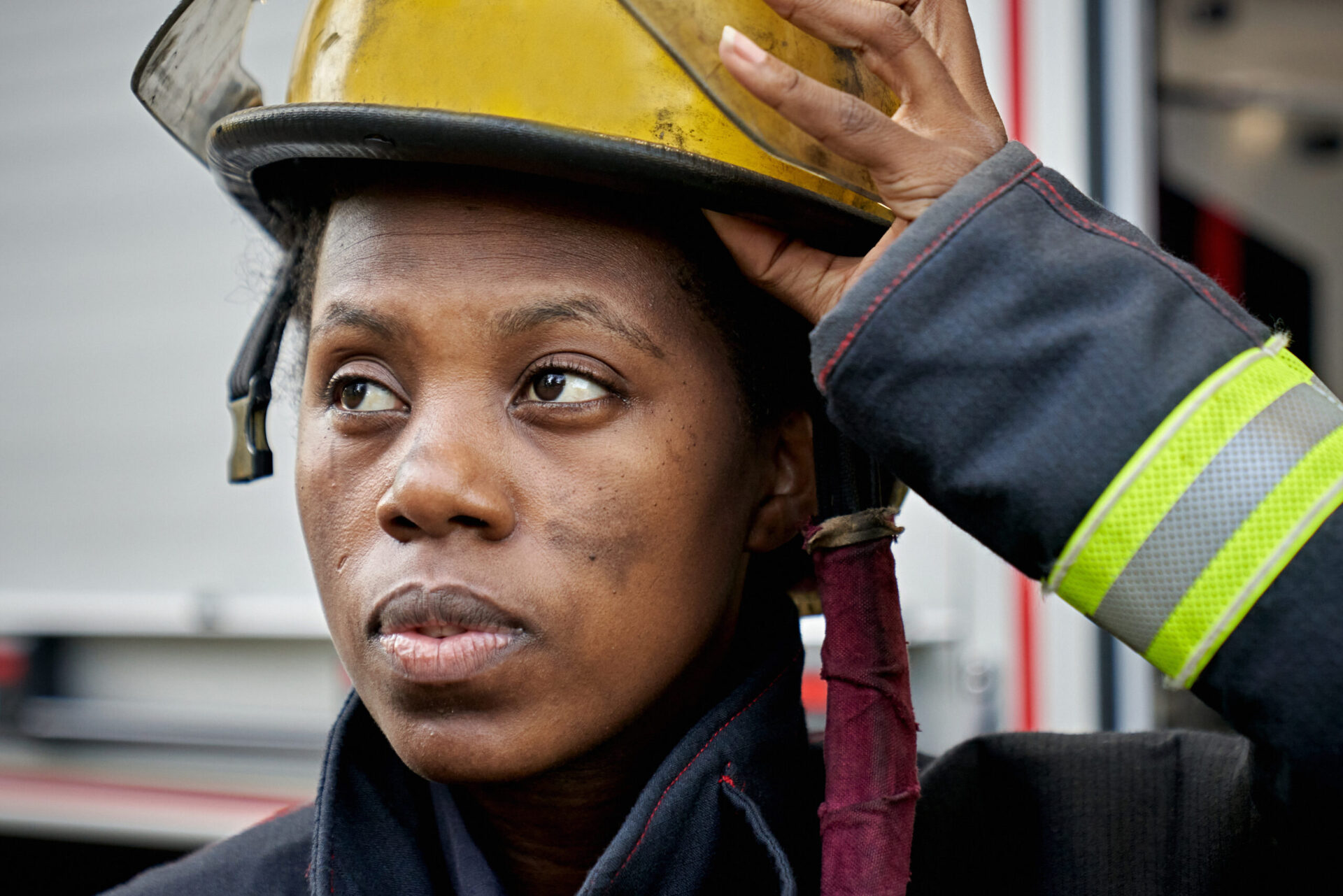
July 14, 2023
US Forest Service And 4 HBCUs Unite To Boost Representation In Wildland Firefighting
Fighting fires and a lack of diversity simultaneously affect the on-site fire academy in Alabama.
The academy results from collaboration between the US Forest Service and several HBCUs: Alabama A&M University, Florida A&M University, Southern University in Louisiana, and Tuskegee University. This partnership was established at the school in 1993 to provide students with employment opportunities with the agency. The programs from the Alabama–Forest Service alliance are credited with training two-thirds of Black foresters in the agency, according to Stephanie Love, the USDA Forest Service’s national diversity student programs manager, Alabama A&M alum, and member of the first FireDawgs squad.
As the effects of global climate change continue to impact the environment and increase wildfire season in the U.S., recruitment has heightened. This is especially true among minorities, who are underrepresented in firefighting and forestry.
An apprenticeship program will address underrepresentation in the industry and equip students with the appropriate credentials to handle forest fires. According to The Associated Press, 20 students from HBCUs participate in instructor-supervised prescribed burns, which consist of clearing paths and extinguishing fires.
Love spoke about the program’s mission. “These four HBCUs have some of the top agricultural programs at HBCUs in the nation. So, it just makes sense to align our efforts and move together in the same direction,” said Love. “We’re trying to create a pipeline of students who are pursuing this natural resources education and forestry and fire.”
According to the agency’s data collection efforts, the Forest Service employee roster of approximately 13,000 wildfire responders has seen a 20% increase in diversity. Fire personnel identifying as Black remains at 1.3%, with Black women constituting approximately 0.5% of employees.
Students shared their sentiments about having the opportunity to meet and interact with someone who is an HBCU alumnus and seeing a team of workers that look similar to them.
Bradley Massey, junior president of the forestry club at Alabama A&M, discussed how his school piqued his interest in the firefighting and forestry industry.
“I feel like it has helped me a lot in my career now,” Massey said since learning about FireDawgs.
One of the challenges associated with diversifying the firefighting and forestry industry is retention. Love said that to increase the number of students in this line of work, the Forest Service and HBCUs have established mentorships, scholarships, and internships.